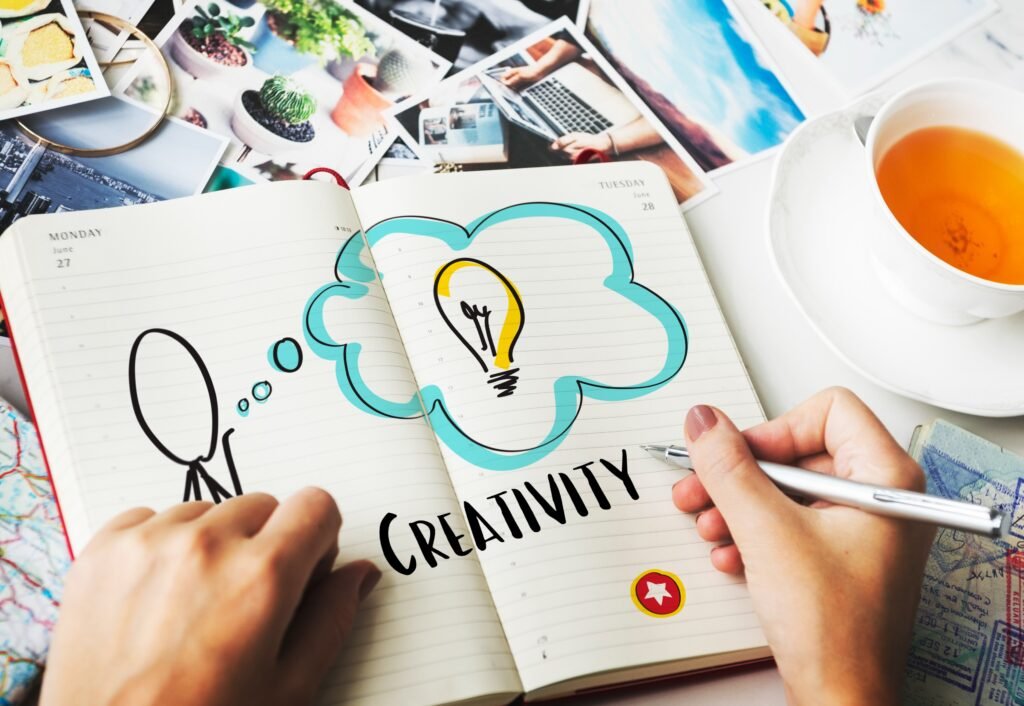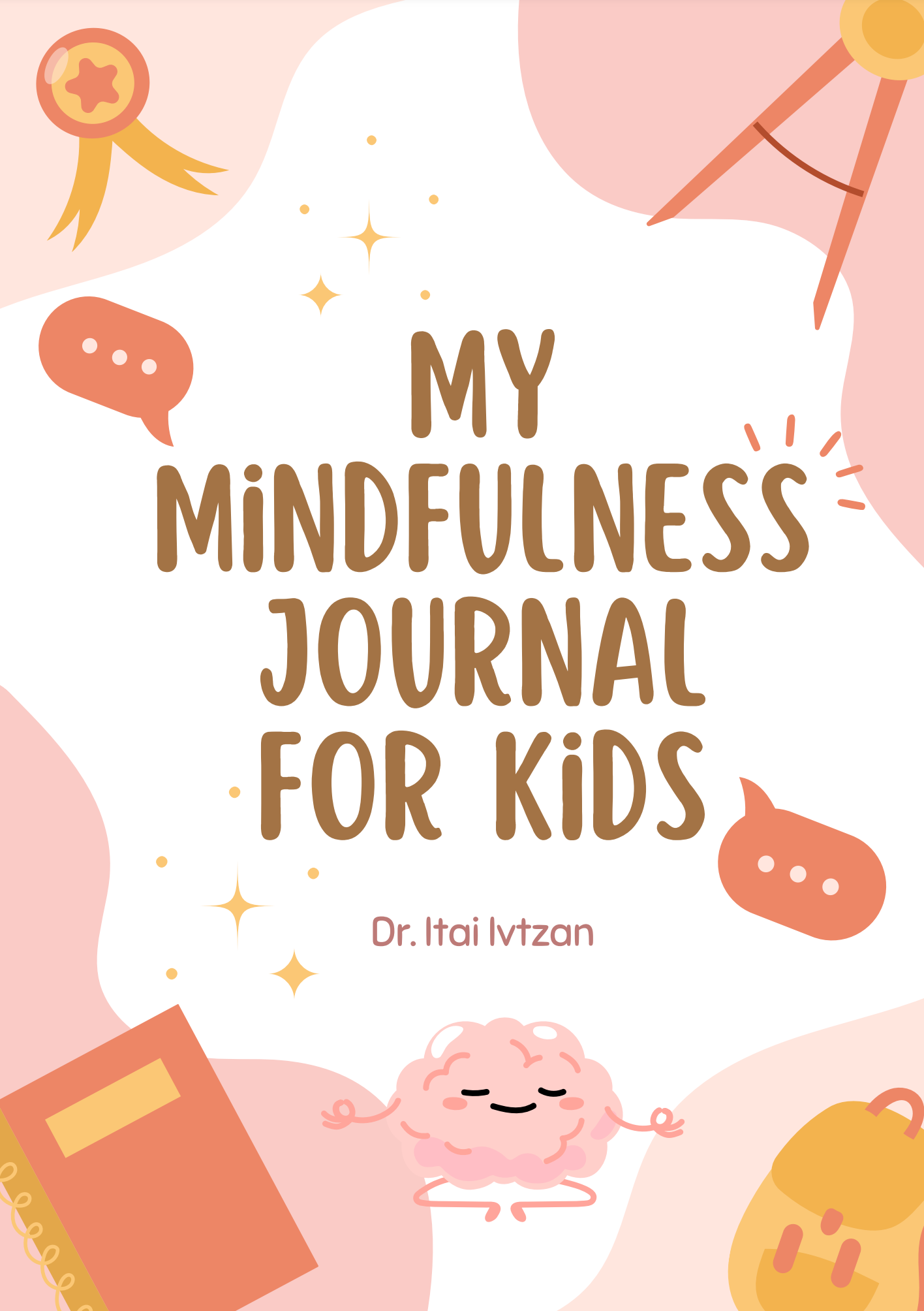The virtue of Wisdom and Knowledge is one of the six universal virtues in positive psychology, forming the foundation for how we think, learn, and make sense of the world. More than intelligence, this virtue represents the ability to seek truth, generate new ideas, learn continuously, think critically, and share perspective in ways that enrich both ourselves and others.
When we develop these character strengths, we not only grow as individuals but also become better problem-solvers, lifelong learners, and trusted voices of guidance in our communities.
This page explores the Wisdom and Knowledge character strengths, their meaning, and why they matter for both personal growth and positive relationships.
What Are Wisdom and Knowledge Character Strengths?
In the science of character strengths, developed by positive psychology researchers Christopher Peterson and Martin Seligman, human virtues are grouped into six broad categories. Wisdom and Knowledge is one of them, focusing specifically on cognitive strengths that drive curiosity, creativity, and understanding.
These strengths are not just about gathering information. They are about:
- How we explore (curiosity).
- How we create (creativity).
- How we evaluate (judgment).
- How we grow (love of learning).
- How we guide (perspective).
Together, they form a toolkit for navigating life thoughtfully, making informed decisions, and seeing beyond surface-level answers.
Why Wisdom and Knowledge Matters
Developing Wisdom and Knowledge character strengths benefits both individuals and communities. Research in positive psychology shows that people who cultivate these strengths tend to:
- Find meaning in experiences – curiosity and learning turn everyday moments into opportunities for growth.
- Make balanced decisions – judgment and perspective help us weigh options thoughtfully.
- Generate fresh solutions – creativity allows us to adapt and innovate in a fast-changing world.
- Guide and inspire others – perspective enables us to offer wisdom that benefits more than just ourselves.
In many ways, Wisdom and Knowledge strengths are life-long assets. They help us thrive in personal development, relationships, careers, and even in overcoming challenges.
The Five Wisdom and Knowledge Strengths
Within this virtue, there are five specific character strengths. Each plays a unique role, yet all are interconnected.
1. Creativity
Creativity is about generating original ideas and finding innovative ways to approach problems. It’s not limited to art or music—it shows up in how we think, work, and live.
- In daily life: Finding a new route to avoid traffic, designing a fresh way to organize your home, or preparing a unique recipe.
- At work: Innovating business solutions, developing new strategies, or creating tools that improve efficiency.
- In relationships: Bringing fun, new ideas into family time or thinking of meaningful ways to show appreciation.
People with strong creativity see possibilities where others might see limitations.
2. Curiosity

Curiosity is the desire to explore, ask questions, and discover. It’s about engaging with the world with wonder and openness.
- In daily life: Reading about new topics, trying different cuisines, or asking questions about how things work.
- In learning: Diving deep into subjects simply for the joy of discovery.
- In personal growth: Staying open to new perspectives, which helps expand empathy and understanding.
Curiosity is a driving force behind lifelong growth, keeping our minds active and engaged.
3. Judgment (Critical Thinking)
Also called critical thinking, judgment is the strength of analyzing situations from multiple angles and making thoughtful choices.
- In decision-making: Weighing pros and cons before committing to a choice.
- In problem-solving: Considering evidence and questioning assumptions rather than jumping to conclusions.
- In relationships: Listening openly to different viewpoints and offering balanced input.
Judgment doesn’t mean being judgmental—it means being careful, fair, and wise in how we evaluate information.
4. Love of Learning
Love of Learning is more than curiosity—it’s the passion for acquiring new skills and knowledge over time. People strong in this strength enjoy the process of learning itself.
- In academics: Taking courses, reading, or doing research just for the joy of understanding.
- In careers: Seeking ongoing training or certifications to keep growing professionally.
- In personal life: Picking up hobbies, learning languages, or mastering new skills.
This strength helps people adapt to change and remain resilient in a fast-moving world.
5. Perspective
Perspective is often described as wisdom itself—the ability to see the big picture and offer guidance.
- In challenges: Helping others put difficulties into context and offering balanced advice.
- In communities: Becoming a trusted advisor, mentor, or voice of reason.
- In personal life: Recognizing what really matters and making choices aligned with long-term values.
People with perspective can see patterns, anticipate consequences, and provide insight that others may overlook.
Practical Ways to Build Wisdom and Knowledge
Like muscles, character strengths grow stronger with use. Here are practical ways to develop Wisdom and Knowledge:
- Practice curiosity daily: Ask “why” questions, read about unfamiliar topics, or explore new hobbies.
- Engage your creativity: Try journaling, brainstorming sessions, or solving problems in new ways.
- Use critical thinking: Before making decisions, pause to consider multiple perspectives and check evidence.
- Feed your love of learning: Enroll in courses, listen to podcasts, or set aside time for skill development.
- Share perspective with others: Offer advice with empathy, or mentor someone who could benefit from your experience.
Wisdom and Knowledge in Everyday Life

These character strengths are not abstract—they shape real experiences.
- At work: Creativity drives innovation, judgment strengthens decision-making, and perspective builds leadership.
- At home: Curiosity encourages open conversations, while love of learning fosters growth-oriented families.
- In personal growth: Together, these strengths support resilience, adaptability, and lifelong purpose.
When cultivated, Wisdom and Knowledge becomes a guiding force that makes life more thoughtful, meaningful, and connected.
Key Takeaways
- Wisdom and Knowledge is one of the six universal virtues in positive psychology.
- It includes five character strengths: Creativity, Curiosity, Judgment, Love of Learning, and Perspective.
- These strengths help us acquire knowledge, make better decisions, grow continuously, and share wisdom with others.
- By practicing them daily, we can become more insightful, adaptable, and positively influential.
Final Thoughts
Wisdom & Knowledge character strengths remind us that thinking, learning, and perspective are lifelong practices. They are not just about what we know but about how we use that knowledge to improve life for ourselves and others. By nurturing creativity, curiosity, judgment, love of learning, and perspective, we develop tools that help us navigate challenges, inspire growth, and share wisdom in ways that create lasting impact.
If you’d like to deepen your practice or apply these strengths in professional settings, the School of Positive Transformation offers coaching and certification programs designed to help you integrate positive psychology into your work and life.





